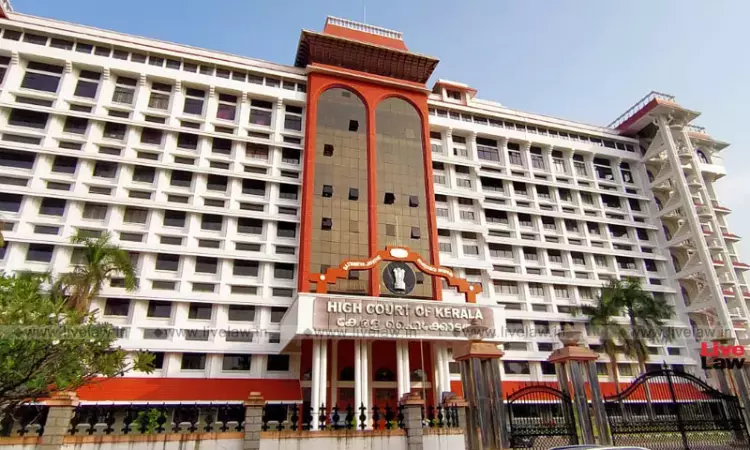- Home
- /
- High Courts
- /
- Kerala High Court
- /
- SC's Sabarimala Judgment Was...
SC's Sabarimala Judgment Was Opposed By Women Themselves, Shows Contradiction In Kerala's Feminist Movement: Kerala HC Orally Remarks
Manju Elsa Isac
5 April 2025 9:00 AM IST
The Kerala High Court on Friday (April 4) orally said that the Supreme Court's decision in the Sabarimala case gave a new perspective to women empowerment in the State, noting that there was opposition to the apex court's directions by women themselves, putting a contradiction in the feminist movement perspective in the state.The court further orally said that while due to historical...
The Kerala High Court on Friday (April 4) orally said that the Supreme Court's decision in the Sabarimala case gave a new perspective to women empowerment in the State, noting that there was opposition to the apex court's directions by women themselves, putting a contradiction in the feminist movement perspective in the state.
The court further orally said that while due to historical reasons women in Kerala were empowered in public spheres and there has been progress, but in private sphere there has not been substantial improvement.
Notably a constitution bench of the Supreme Court in its 2018 decision had by a 4:1 majority, permitted the entry of women of all age groups to the Sabarimala temple, holding that 'devotion cannot be subjected to gender discrimination'.
A special bench comprising Justice A. K. Jayasankaran Nambiar and Justice C. S. Sudha which is hearing matters related to the issues faced by women in Malayalam film industry that came into the forefront after a redacted version of the Justice Hema Committee Report was made public, orally said:
“Peculiar situation in Kerala, if you actually look into the history of woman empowerment, feminist movement etc., it's that in the public sphere we find substantial development progress. Women are in the forefront of everything. … In Kerala, we were opposed to caste oppression. In connection with that there was oppression against women also – religious oppression, caste oppression and fighting against all that. Women were in the forefront of all those agitations. In the public sphere, therefore you find that there is substantial empowerment to women over the years. However, after the Sabarimala case, it suddenly gave a new perspective to women empowerment in Kerala. You had the judgment which said things in favour of women empowerment … That if you recall, there was opposition to those directions of the Supreme Court… Women itself, you find the women chain opposing it. That sort of puts a contradiction in the women's movement perspective. On the public front, you are good. When it comes to private sphere, there is no substantial empowerment… In private areas, when it comes to home, when it comes to religion, these are all intimate spaces and there, you don't find much of an empowerment happening”.
The Court had already directed the State to come up with a new legislation to address the issues faced by women in film industry. Today, the Bench orally observed that the law can look into the issues of women in private spheres also.
“Legislation can only do so much but legislation must encourage something that will happen in the home because if it happens from within, then you don't need legislation. There will be social transformation even without legislation. It must be awareness which is imparted in the homes," the Court observed orally.
The Government informed the Court that a decision has been taken to conduct the Cinema Conclave in Ernakulam in the last week of April/ first week of May. The State said that once the Conclave is over, a policy will be drafted and the steps to drafting the special legislation will begin.
The matter will be next taken up after the court vacation.
Case Title: Jannath v State of Kerala & Other Cases
Case Number: WPC No. 31205/2024 & Other Cases



